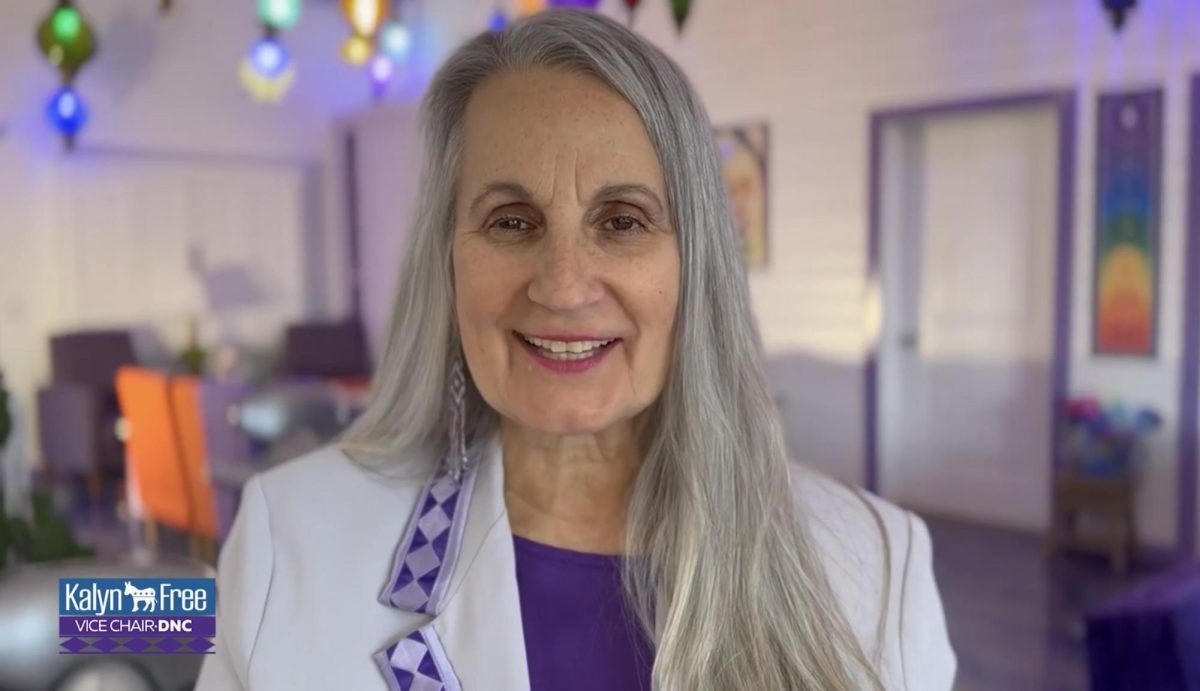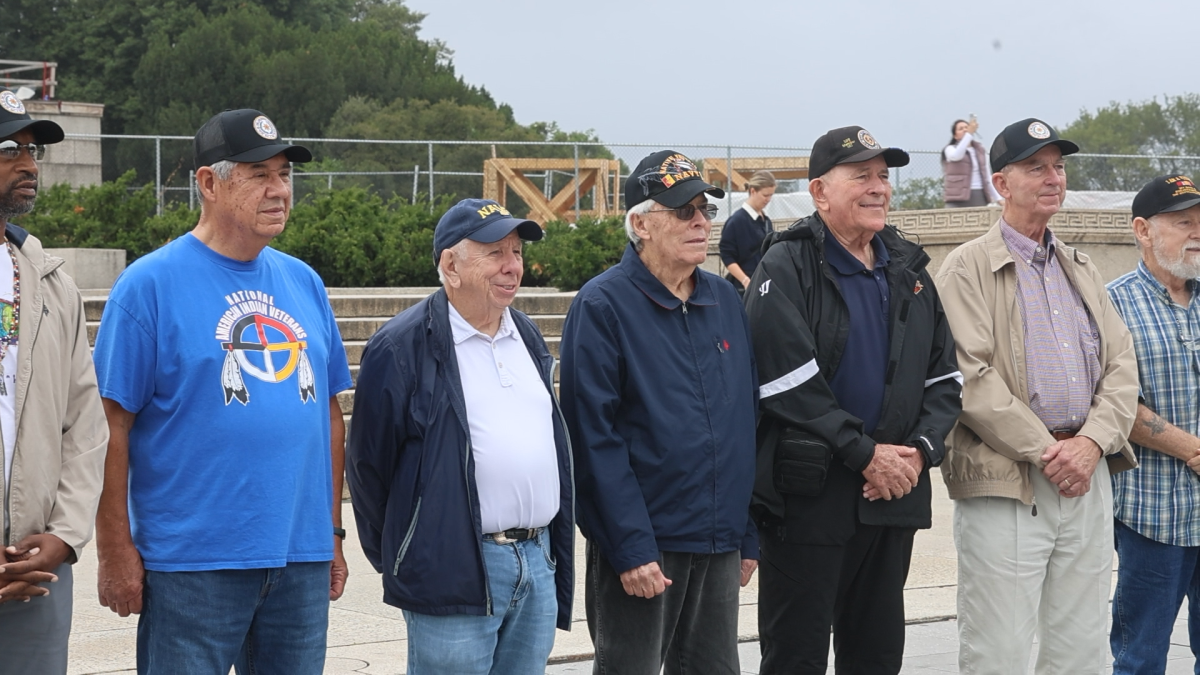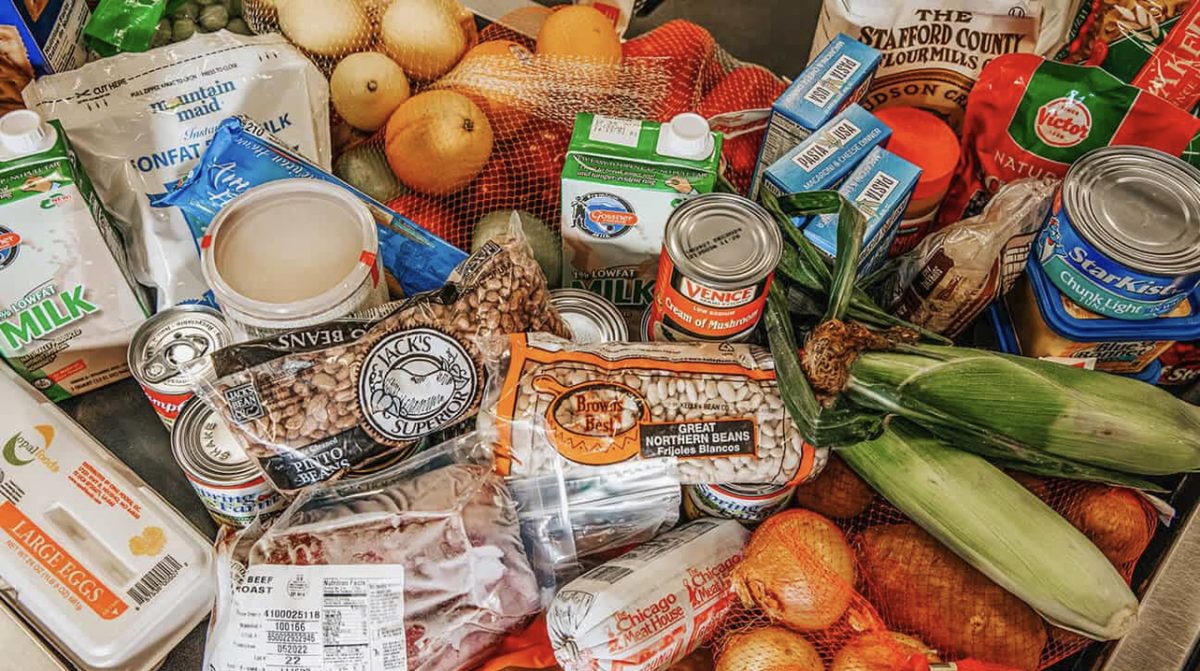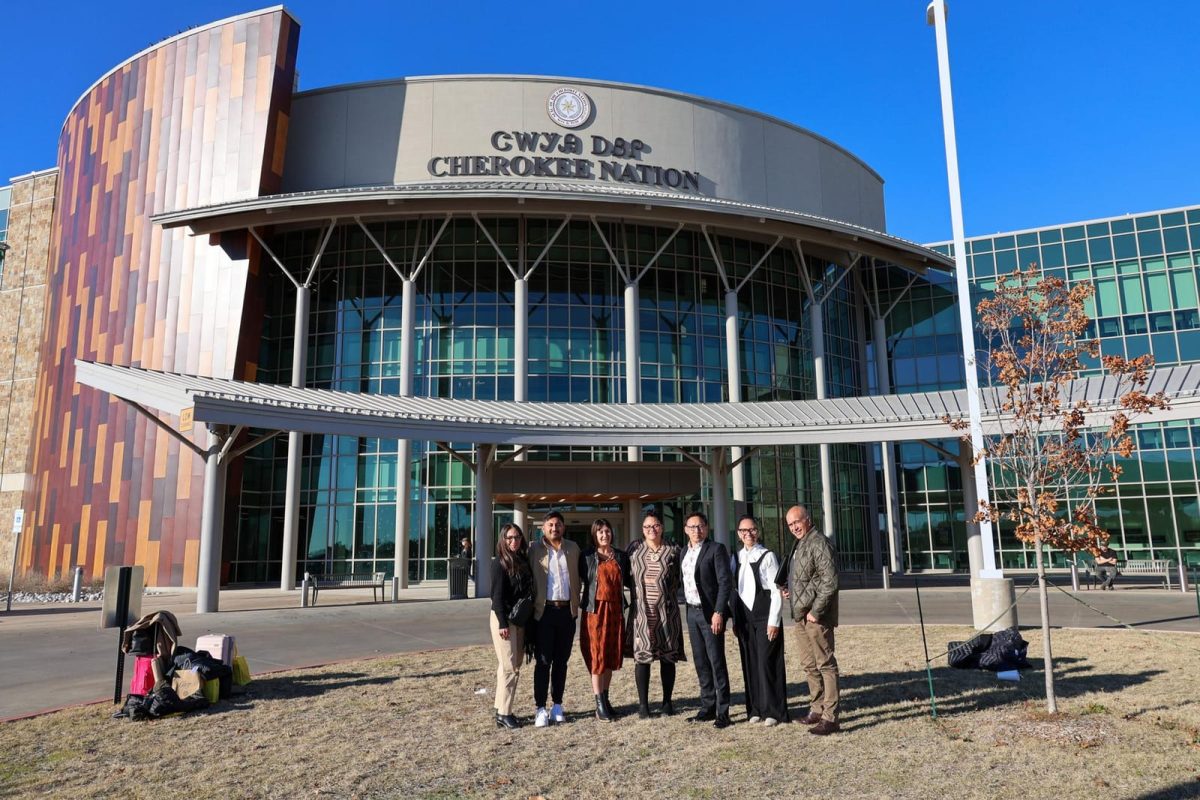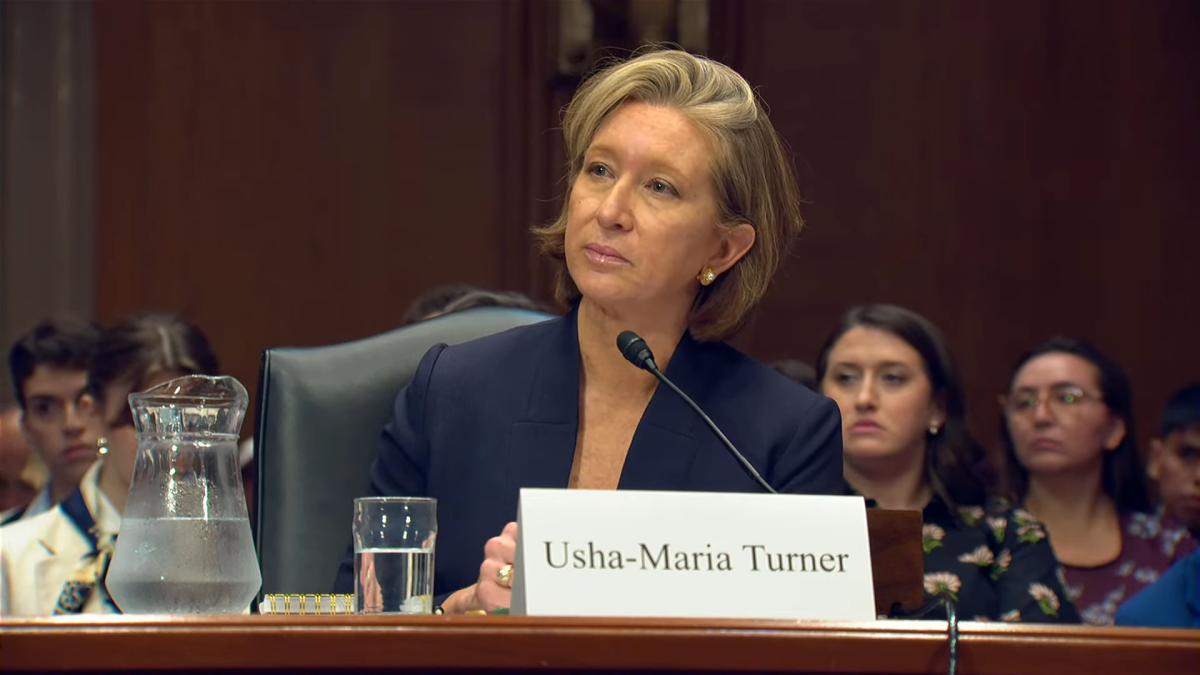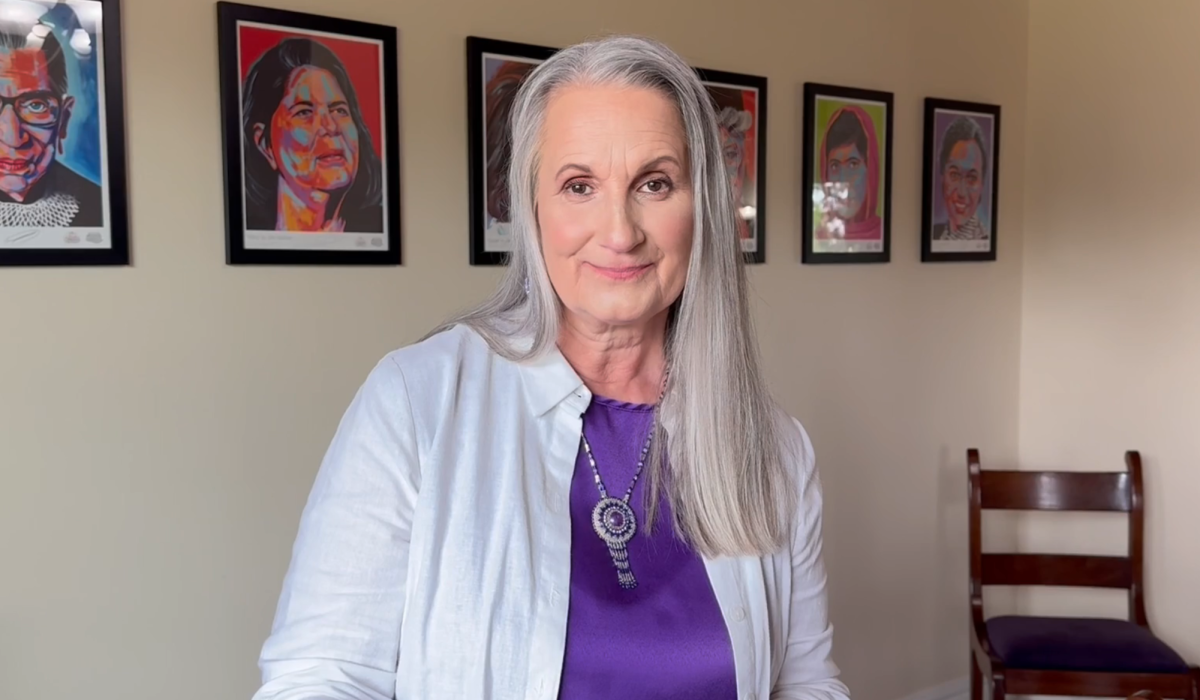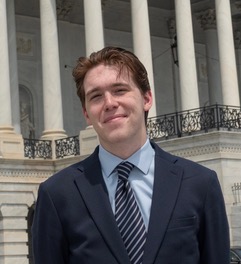WASHINGTON—Kalyn Free has positioned herself as a solitary figure in the renewed Democratic National Committee vice chair election, leveraging her background as an Oklahoma Democrat and a citizen of the Choctaw Nation.
After challenging the DNC’s February election for vice-chair and prompting a re-do, Kalyn Free is drawing on her background as a civil attorney, experience as a red-state Democrat, and Native American heritage as the final runoff vote approaches.
“I’ve spent my entire life fighting for what is right,” Free said in a video sent to DNC members. “Oftentimes alone.”
The vice chair runoff, which concludes Friday, comes at a time when the Democratic Party is grappling with internal division. In recent weeks, two Democratic union leaders have left the party, and David Hogg, whose multi-million-dollar plan to challenge Democratic incumbents in the primaries sparked controversy, has dropped his re-election bid. All cited internal disagreements over party strategy and leadership.
Against the backdrop of uncertainty, Free has expressed her support for DNC Chairman Ken Martin while noting further investment is needed in red, rural states.
“Ken Martin has four short years to usher in reform, a reform package, which is what he campaigned on,” Free said. “So I believe that his leadership is going to put us on a solid foundation and a trajectory to win for the next 10 years.”
At a time when trust in the Democratic Party has eroded in rural regions and among key voting blocs, Free said the party’s long-term success will depend on its willingness to engage communities that feel overlooked.
“The Democratic party’s goal is not solely to elect the President of the United States, although that is a primary function of the National Party,” Free said. “But it’s also to build in states and to build strong parties in the states. It’s very difficult to operate, not just in Oklahoma, but in other red states, if we don’t have a strong party apparatus.”
To highlight the importance of rural representation, Free points to the Democrats’ loss of Pennsylvania in the 2024 Presidential Election.
“The blue wall has crumbled,” Free said. “The reason we lost Pennsylvania wasn’t because of Philadelphia. We lost Pennsylvania because we lost rural America.”
Growing up in Red Oak, Oklahoma, Free said she understands “what the needs are in rural America,” a perspective shaped by her experience as a district attorney handling legal issues that affected both rural and tribal communities.
“I have worked on over three hundred campaigns and raised over $30 million,” Free said. “I have won tough races in the tough places the DNC has long ignored.”
With her long history of political fundraising and campaigning in Oklahoma for the Democratic Party, Free said it was a struggle to convince the party to invest in the wholly red state.
“I was calling the DNC, I was knocking down doors, I was peeling bark off the trees, and I couldn’t get anyone to care about Oklahoma,” Free said.
Free cited this struggle and other political experiences as her impetus for joining the DNC, saying the organization would allow her to “amplify the voices that need to be amplified” in red states. Free was elected to National Committeewoman of the Oklahoma Democratic Party in 2019.
Central to Free’s campaign against Washington state Democratic chair Shasti Conrad is her position on Native American representation, which is evident throughout her political career. After losing to David Boren in a 2004 Senate race, Free established the Indigenous Native Democratic Network (INDN) in 2005, which worked to recruit Native American candidates. Although INDN shut down in 2010, Free continues to emphasize the need for tribal representation in the DNC.
“Native Americans were the last people to get the right to vote,” Free said. “There has never been a Native American in leadership at the DNC. If not now, when?”
If elected, Free plans to work with tribes across the country to “build a year-round organizing effort” that goes beyond short-term outreach and campaign fundraising, such as recruiting tribal candidates and engaging voters on issues that matter to Native communities.
“They deserve to be supported, but that is an educational effort, and that takes resources,” Free said. “It is an opportunity, for the first time in the history of the Democratic National Committee, to build a program that truly integrates the Democratic Party into Native communities.”
The vice chair runoff follows Free’s successful challenge to the DNC to invalidate the February election due to violations of the party’s voting procedures and gender parity rules. As a result, re-elections were held for two vice chair positions, one of which was retained by the incumbent, Malcolm Kenyatta. The other incumbent, David Hogg, withdrew his bid, leaving Free, Conrad, and Kansas Democratic Party Chair Jeanna Repass to compete for the remaining seat.
With 410 votes cast in the redo election, Free received 36.59% of the total, trailing Conrad, who garnered 43.63%. Repass received 19.78%. Free is the only candidate in the race who does not currently serve as the chair of a state DNC organization. Since no candidate received a majority of votes in the re-election, a runoff was initiated. Voting will conclude Friday at 4 p.m. CST.
“There would not be new elections for vice chair had I not stood alone fighting for justice and what is right,” Free said in a video submitted to DNC members. “But as a Native American woman and attorney, that is not new for me.”
Gaylord News is a reporting project of the University of Oklahoma Gaylord College of Journalism and Mass Communication. For more stories by Gaylord News go to GaylordNews.net.

